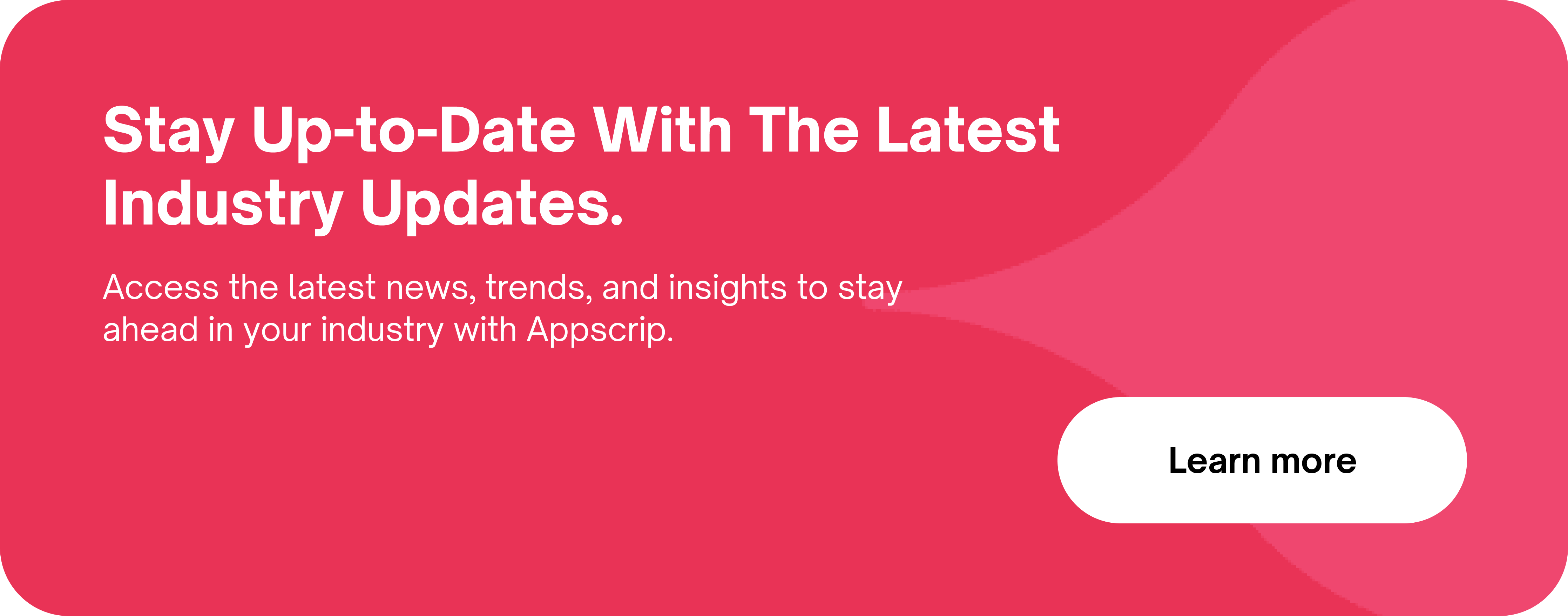Flutter, developed by Google, has emerged as a prominent cross-platform framework for app development. Is Flutter good for mobile app development, of course its popularity has skyrocketed due to its ability to streamline the development process and deliver high-quality applications for both Android and iOS platforms.
Today’s competitive digital landscape demands choosing just the right technology for app development for businesses to stay ahead of the curve and meet the evolving needs of their users.
Flutter emerges as the need-of-the-hour innovation for retail apps. Its adaptable ecosystem meets and exceeds the requirements of modern retail. Flutter offers efficiency, scalability, and the capability to address critical aspects of inventory management and order fulfilment.
Is Flutter Good For Mobile App Development?
Flutter development has a quicker turnaround time compared to the development of native apps, which in turn reduces development time and costs. Flutter can create visually appealing apps across platforms from a single codebase. Even though Flutter may lack when it comes to creating apps with advanced graphics, intensive computation, or deep native features integration.
The world of app development is ever evolving, and choosing the right framework can be tough. Flutter, with its single codebase approach and aesthetic interfaces has emerged as a strong contender. But how do you choose what’s apt for you? This blog will help you make an informed decision by detailing the pros and cons to know is Flutter good for mobile app development.
Reasons For Choosing Flutter or Custom App Development
Flutter is popular for app development as it is built to develop high-quality apps quickly and cost-effectively from one codebase. There’s a rich widget library and the Dart language makes the development process easier and more efficient.
But native apps still rule the roost when it comes to developing complex apps with advanced graphics, intensive computation, or deep native features integration. While deciding between Flutter and native development, take into consideration project requirements, deadlines, and budget.
Decision to use Flutter or native app development depends on specific requirements of the app, user experience, and available resources.

Advantages of Flutter
- Cross-Platform Development: Flutter allows developers to write code once and deploy it across multiple platforms, that include Android, iOS, web, and desktop. Thus, it reduces development time and costs significantly while ensuring consistency across various devices and operating systems.
- Hot Reload: Flutter’s marquee is its hot reload capability, which enables developers to make real-time changes to the code and see the results instantly on the emulator or device. This quickens the iteration process, enhances productivity, and facilitates faster debugging.
- Rich User Interfaces: Flutter offers a rich set of customisable widgets and tools for building a stunning user interface. Developers have the flexibility to create visually appealing designs and interactive experiences that are consistent across platforms, ensuring a seamless user experience for app users. And to top of it there’s a large community offering necessary support in case of any glitches.
Disadvantages of Flutter
- Learning Curve: Flutter requires developers to learn Dart, a relatively new programming language. While Dart is easy to pick up for developers familiar with object-oriented programming languages. But there’s still a learning curve involved, especially for those transitioning from languages like JavaScript or Java. And remember there’s limited availability of Flutter experts.
- Performance: While Flutter offers impressive performance for most applications, it may not match the performance of native development in certain scenarios, such as graphics-intensive or CPU-heavy tasks. Developers need to optimize their code carefully to ensure smooth performance across different devices and platforms. And it may be not as performant as native development for complex apps. Then there could be potential issues with rendering speed and memory usage.
- Native Integrations: Flutter’s ecosystem provides access to a wide range of plugins and packages for integrating native functionalities into applications. However, some native features may not be readily available or may require custom development, leading to dependencies on third-party libraries and potential compatibility issues.
These advantages and disadvantages of Flutter should be carefully considered by businesses when evaluating a choice for app development. While Flutter offers significant advantages in terms of cross-platform development and rapid iteration, its learning curve, performance considerations, and native integrations may pose challenges that need to be addressed during the development process.

Basic Advantages Of Flutter & Native Development
Flutter
- Rapid development and deployment.
- Ideal for MPV’s and quick prototypes.
- Cost-effective solution for startups and small businesses.
Native Development
- Optimal performance and platform-specific optimisations.
- Full access to native APIs and functionalities.
- Recommended for complex, performance-critical applications.
Why You Should Choose Flutter or Native Development:
- Flutter: Cross-platform development, fast development cycles, rich widget library, customisation.
- Native Development: Platform-specific optimization, access to native features, familiar development environment.
Advantages and Disadvantages of Developing a Native App:
- Advantages: Optimised performance, direct access to native features, familiar development tools and languages.
- Disadvantages: Slower development due to platform-specific code, higher maintenance cost, potentially inconsistent UI across platforms.
Long-Term Effects of Each Decision
Flutter
- Scalability challenges for large and complex applications.
- Maintenance and updates may become cumbersome over time.
- Limited support for platform-specific features and updates.
- Future-proof due to cross-platform nature, potentially reduced development, and maintenance costs, but relies on framework evolution.
Native Development
- Higher initial development cost and time.
- Long-term maintenance and updates may be more manageable.
- Better integration with platform-specific features and updates.
- Established track record, platform-specific optimisations ensure future performance, but may struggle to adapt with cross-platform demands.
Conclusion: Is Flutter Good For Mobile App Development
The choice between Flutter and native development depends on factors such as time to market, ease of development, the need for a unified UI, performance, and access to device features.
The decision to choose Flutter or native development depends on various factors such as project requirements, budget, timeline, and long-term goals.
Businesses should carefully evaluate their needs and consider the advantages and disadvantages of each option before deciding.
Is Flutter good for mobile app development? Ultimately, Flutter offers a compelling solution for businesses aiming for rapid development and cross-platform compatibility, while native development provides optimal performance and platform-specific advantages.

After an Engineering degree and a Diploma in Management I devoted 16+ years working in the automotive industry. My innate skill and extreme passion in writing, encouraged me to adopt it up as a profession. I have been writing for more than 10+ years in the software industry. The 400+ blogs I published are informative, exhaustive and interesting to a professional and causal reader.








